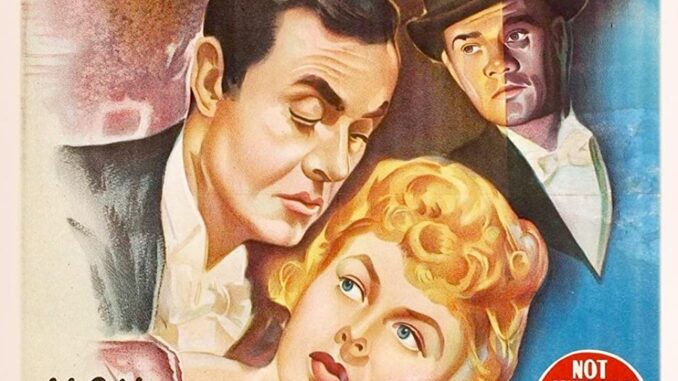
Gaslighting seems to be the new buzzword of modern social culture.
Merriam-Webster defines gaslighting as a psychological manipulation that causes a person to question the validity of their own thoughts, memories or perception of reality.
Have you had a boyfriend who told you that you’re making up that time he messaged another woman on Instagram? If so, you’ve probably been gaslit, babe.
According to the New York Times, the term “gaslighting” comes from the 1944 film “Gaslight,” in which a man tries to convince his wife that she is mentally ill so he can steal from her. What a charmer.
The first colloquial use of the term gaslight was in New York Times columnist Maureen Dowd’s 1995 piece, “The Gaslight Strategy.” Dowd wrote about the Clinton administration’s political strategy of purposefully pushing the speaker of the house into making irrational outbursts that would damage his credibility.
Believe it or not, the term grew in the mainstream media in 2016 during Donald Trump’s presidential campaign.
Various media outlets and social media users used the term to describe Trump’s incessant denial of saying or doing things that he very clearly HAD said or did. This notion was pointed out in Teen Vogue’s appropriately-titled article, “Donald Trump is Gaslighting America” by Lauren Duca.
According to Google Trends, interest in gaslighting as a search term has risen steadily since it first started to grow at the end of 2016 following the publication of the Teen Vogue article.
The concept of gaslighting has become increasingly popular as a topic on social media in the past few years. In many instances as part of the 2021 Tumblr-originating phrase “gaslight, gatekeep, girlboss,” the Gen Z parody of the suburban mom catchphrase “live, laugh, love.”
Gaslighting has also made its way into pop culture, with one well-known example being in season 17 of “The Bachelorette.” Season 17 Bachelorette Katie Thurston accused contestant Greg Grippo of gaslighting her during their final conversation before he abruptly exited the show.
During that conversation, Grippo told Thurston that she wasn’t doing enough to reciprocate his affection after he told her that he loved her. Fans of the show vehemently argued Grippo’s claim on social media, saying that Thurston had chosen him for several of the special dates on the show and that he was her clear favorite right up until his departure.
Immediately following the episode, fans dubbed Grippo “Gaslighting Greg” on Twitter and celebrated Thurston for calling him out for his manipulative behavior.
On the music side of things, gaslighting was an identifiable feature of Taylor Swift’s “All Too Well: The Short Film” that accompanied the release of the 10-miniute version of the song in November 2021. About 3.5 minutes into the film, the music fades out for a conversation between the two main characters, known only as Her and Him.
Her accuses Him of ignoring her during a dinner with his friends and of dropping her hand when she tried to hold his hand. Him says that he doesn’t even remember the moment she’s talking about and that she’s acting crazy.
Fans of the film point to a specific exchange during this argument as a clear example of gaslighting. “You’re making me feel fucking stupid,” Her said. Him replied, “I don’t think I’m making you feel that way, I think you’re making yourself feel that way.”
The argument portrayed in the film sparked heated discussion on social media, as well as a trend of women challenging their male friends to write down all the red-flags and instances of gaslighting they notice in the short film. Quite a creative game night idea.
Whether or not every viral instance of gaslighting is truly gaslighting, the word has become a popular social media catch-all term for any kind of psychological or emotional manipulation.
Be safe out there and try to keep your distance from gaslighters, even if they do seem to be lurking around every corner of Twitter.

Be the first to comment